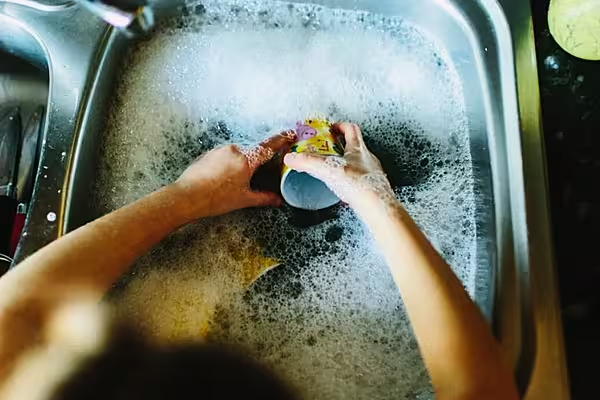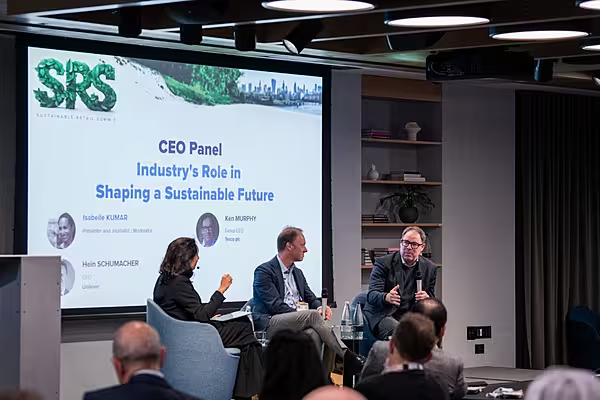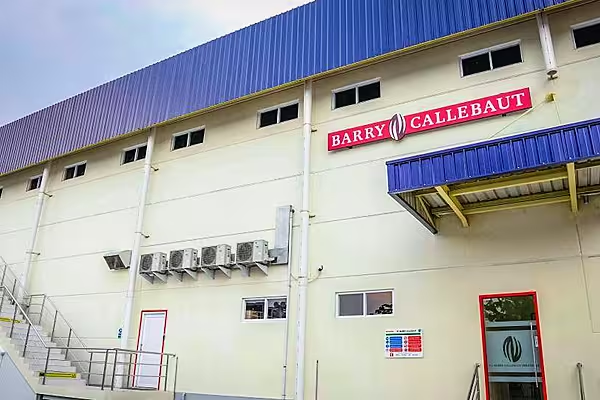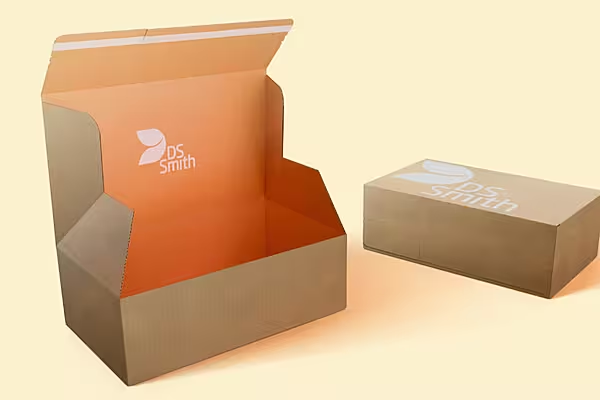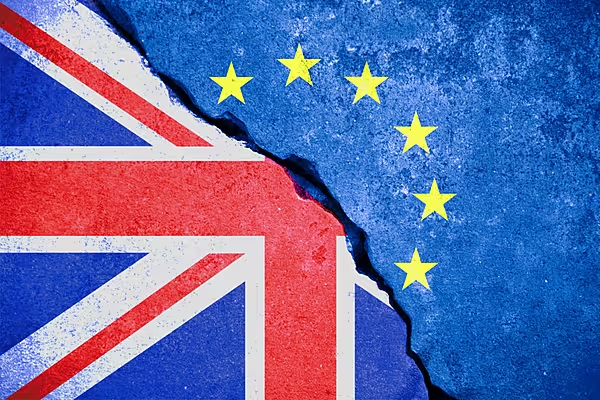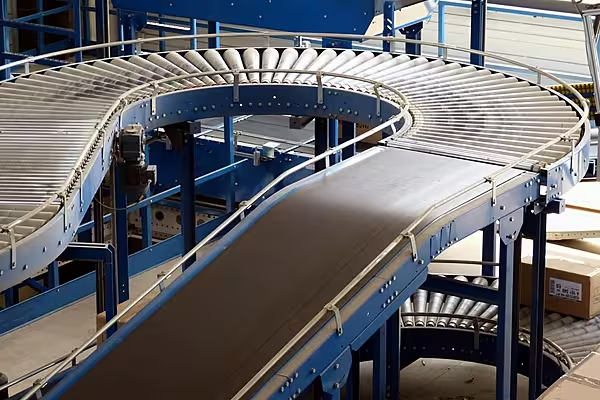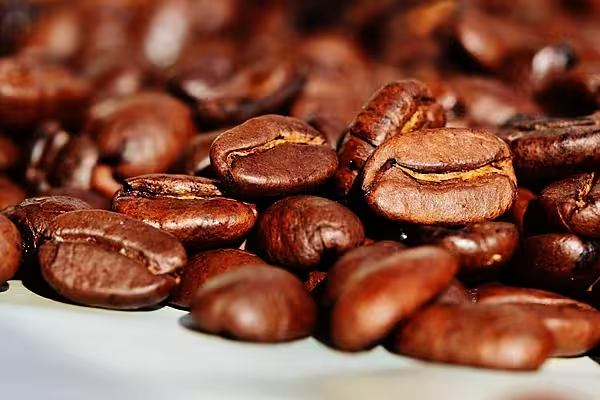Unilever has announced that it will use renewable and biodegradable surfactants from Spanish chemicals company Cepsa Química for its laundry and detergent products.
The surfactant, known as NextLab linear alkylbenzene (LAB), is made from green carbon derived from biomass.
It is renewable and biodegradable, and provides the same properties and cleaning performance as LAB created from black carbon.
The chemical will help transition from carbon-intensive ingredients to 'circular chemistry', the FMCG giant noted.
'Sustainable And Affordable Alternatives'
Unilever’s head of procurement, Home Care, Kirsten Tosin, commented, “We are delighted to be the first buyers of NextLab and hope fellow suppliers and industry players will follow suit in exploring more sustainable and affordable alternatives as we work together to transform the industry from being heavily reliant on fossil-fuels to using renewable and recycled sources instead."
NextLab LAB will be used to make linear alkylbenzene sulfonate (LAS), a key raw material used in many of the company's brands, including Persil, Cif and Sunlight.
LAS surfactant is made from black carbon from fossil fuels and the use of LAB will offer a more sustainable way to produce the raw material.
It will also help the division reduce its carbon footprint, as 46% of its carbon footprint is linked to chemicals used to make them.
Circular Chemistry
Achieving circular chemistry requires a period of transition and a phased approach to renewable and recycled feedstocks, Unilever added.
Currently, 85% of carbon demand in the chemical and derived materials sector is met by black carbon from fossil sources.
Cepsa Química is using the so called 'Mass Balance' process to create NextLab LAB, which sees traditional black carbon sources blended and co-processed with sustainable green sources and tracked to ensure an appropriate volume of green carbon in the LAS produced, Unilever added.
The process allows material from fossil fuels and from green or recycled sources to be mixed, while the amount from each source is monitored.
Read More: Investor Peltz 'Supportive' of Unilever's Sustainability Drive
© 2022 European Supermarket Magazine – your source for the latest A-brand news. Article by Dayeeta Das. Click subscribe to sign up to ESM: European Supermarket Magazine.
